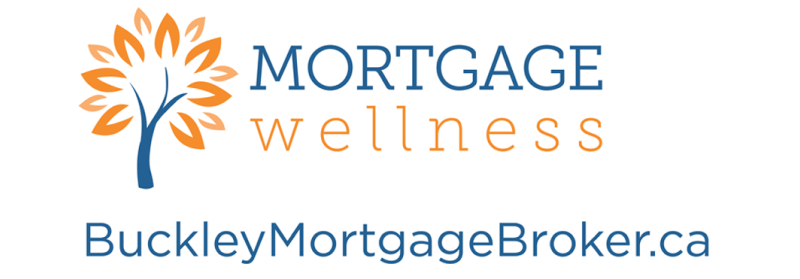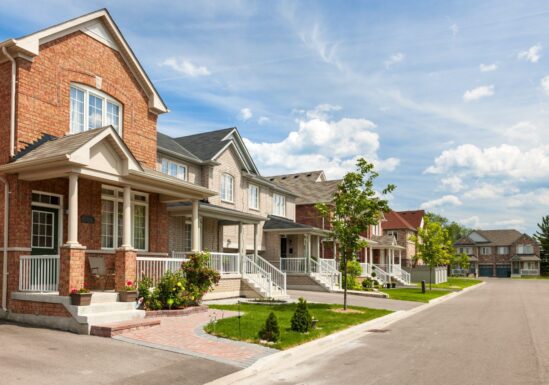Mortgage Expert, Gerard Buckley with John Eaton on Talk of the Town on The Peak FM 95.1 Answers the question: How to Save for a New Home?
Building a Budget for New Home Ownership
How to save for a Home? This is a question many young couples and in this day and age many young professionals ask themselves as they progress through their mid 20’s and early 30’s. Millennials and most recently Gen X’rs have been establishing themselves in jobs and careers that bring them much independence. For many of these single young people home ownership and budgeting does not always include a joint decision; however, in other cases as relationships mature and grow, how to save for a home and budgeting, is one of those early questions a couple will face.
professionals ask themselves as they progress through their mid 20’s and early 30’s. Millennials and most recently Gen X’rs have been establishing themselves in jobs and careers that bring them much independence. For many of these single young people home ownership and budgeting does not always include a joint decision; however, in other cases as relationships mature and grow, how to save for a home and budgeting, is one of those early questions a couple will face.
So, you’ve decided it is time to purchase a new home. Whether this is your first home, last home, or somewhere in between, there are many financial issues that must be considered. Budgeting at every stage in the home-buying process will ensure financial security and peace of mind.
Preparing the Budget for Your New Home
 When beginning the planning phase of your budget, it is important to determine how much you are currently spending each month on household expenses (e.g. groceries, clothing, tuition), entertainment expenses (e.g. dining out, hobbies, travel), your current loans and debts, and savings accounts. Once you have this number, deduct it from your monthly income after tax to determine how much room you have for mortgage payments. As for the mortgage payments, themselves, a great rule to go by is that you should never have your mortgage payments (principal and interest), property taxes, heating costs and 50% of condo fees (if applicable) be more than 32% of your monthly pre-tax income.
When beginning the planning phase of your budget, it is important to determine how much you are currently spending each month on household expenses (e.g. groceries, clothing, tuition), entertainment expenses (e.g. dining out, hobbies, travel), your current loans and debts, and savings accounts. Once you have this number, deduct it from your monthly income after tax to determine how much room you have for mortgage payments. As for the mortgage payments, themselves, a great rule to go by is that you should never have your mortgage payments (principal and interest), property taxes, heating costs and 50% of condo fees (if applicable) be more than 32% of your monthly pre-tax income.
When calculating these numbers and getting an idea for how much you can afford, do not forget the upfront costs associated with your mortgage and home purchase. These are typically forgotten about; however, they can become quite significant depending on the home and mortgage.
Additionally, keep in mind that if your total monthly debt payments (mortgage, credit card loans, auto-loans, etc.) are going to be more than 40% of your monthly gross income, you may have trouble qualifying for a mortgage.
Incentives for First-Time Home-Buyers
 In most cases, first-time home buyers can put down as little as 5% for their down payment, instead of the typical 10% min. They may also be eligible to receive a “Home buyer’s Tax Break”, which allows the home-buyer to claim $5,000 on their income tax form in the year they buy their first home.
In most cases, first-time home buyers can put down as little as 5% for their down payment, instead of the typical 10% min. They may also be eligible to receive a “Home buyer’s Tax Break”, which allows the home-buyer to claim $5,000 on their income tax form in the year they buy their first home.
In addition, first-home buyers can use their RRSPs to provide a portion of their mortgage and are allowed 15 years to “pay themselves back”. Essentially, the homeowner is giving themselves a second mortgage, which may be beneficial for tax purposes.
Maintaining Your Finances
Just because you have purchased your home and are enjoying the new investment, doesn’t mean your budgeting stops. The key to your budgeting process has been to prepare for the long term, which means you should stay aware of your current financial situation at all times. It is crucial that you make your mortgage payments on time, as missed or overdue payments can be detrimental to your credit rating. Your budget is there to ensure you remain financially healthy, so it is important to live within your budget and leave a little extra for emergencies. Even with no emergencies, you will need additional funds for the costs of operating a home. These costs may include property taxes, maintenance and repair, snow removal and gardening, among many others. Depending on your mortgage agent and the service they provide, they should factor these additional costs into your financial plan.
 Gerard Buckley – Licensed Mortgage Agent with many years of banking and financing experience @jaguarmortgages and jaguarmortgages.ca would be pleased to help you and your family consider your alternatives.
Gerard Buckley – Licensed Mortgage Agent with many years of banking and financing experience @jaguarmortgages and jaguarmortgages.ca would be pleased to help you and your family consider your alternatives.
You can rest assured that Gerard will treat your Mortgage and Real Estate Decision like it is his own.
Please Call Gerard at 866-496-4028 or 705-532-1182 for a complementary consultation.


